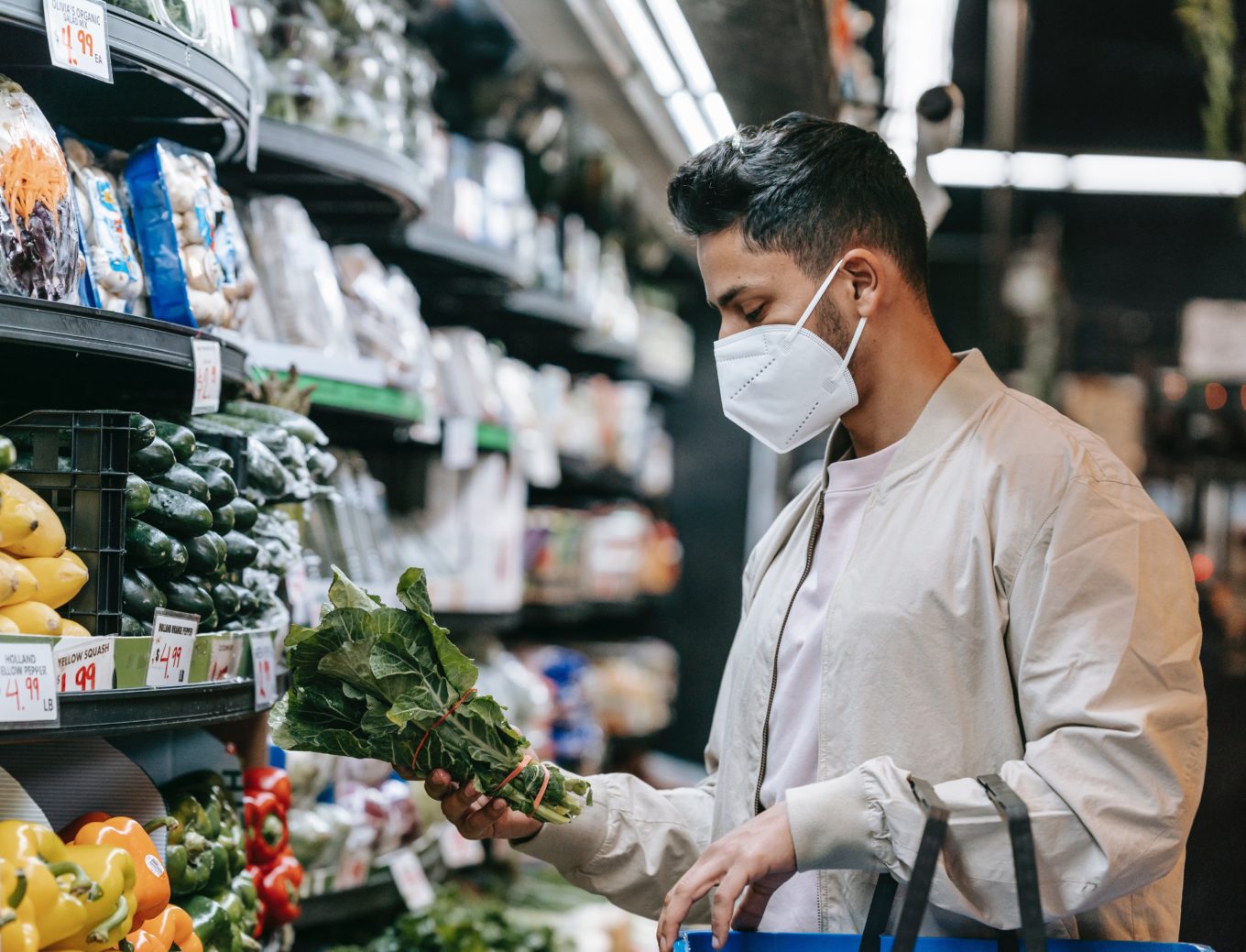Does ‘Buying British’ matter and what should we do about it?

It’s a well-worn narrative that simple changes to the way we shop and eat can benefit our health and happiness – as well as supporting local economies and the environment – and the UK National Food Strategy mentions the word ‘local’ no less than 100 times.
But how do consumers themselves feel about buying homegrown produce, and what impact has the pandemic, climate change and Brexit had, if any, on our purchasing outlook?
FleishmanHillard published a report earlier this year called. ‘Navigating A United vs Divided Nation‘, where we asked the UK public to rank eight factors they consider when buying food and drink products with these three forces in mind.
‘Buying British’ does matter to people – in different ways in different parts of the country, as we will explain – but is not the principal factor determining our food and drink purchases.
Our findings paint a picture of a nation that cares more about the safety, quality, availability and cost of produce than where it comes from.
In fact, ‘Buying British’ ranks in fifth place and our research indicates this score holds fast regardless of issues arising from Covid-19, climate change or Brexit influencing decisions. But there are important differences in the public’s outlook regarding ‘Buying British’ depending on where they live, their socio-economic status, and how old they are.
For example, those in London were much less likely than the UK average to view ‘Buying British’ as an important consideration – in fact, Londoners ranked it the least important when they were thinking of purchasing food and drink with climate change in mind. Similarly, when considering the pandemic, only 9% of Londoners saw ‘Buying British’ as their number one concern, compared with 20% of respondents in the North East.
Some UK regions also saw variations depending on the context. For example, 16% of those in Northern Ireland considered ‘Buying British’ to be the most important consideration in the context of Brexit, but this fell to 9% in the context of Covid and just 4% in the context of climate change.

There is also an interesting divergence among older vs younger shoppers. Those aged 65+ care far more about buying British food and drink when considering the pandemic, Brexit and climate change than those aged 18-24 (18% vs 8% ranked it their first priority overall on average).
However, there is much less of a difference of opinion depending on the socio-economic status. When thinking about climate change, those classified as being in the ABC1 demographic group care slightly less about British produce than their C2DE counterparts (11% vs 14%). This narrows to just one and two percentage points separating the two socio-economic groups in relation to Covid-19 and Brexit respectively.
Overall, our research indicates that despite an apparent emphasis on ‘Buying British’ in marketing and media commentary it is not yet a priority purchase driver for UK shoppers – even in the context of three strong forces which should make it an easier sell.
As we seek to rebuild our economies and communities in the shadow of the pandemic, to lead from the front in the race to zero with the spotlight of COP26 in Glasgow next month, and to navigate the myriad of challenges of Brexit that are only truly starting to rear their ugly heads, there is a window of real opportunity for food and drink companies to convince the public of why ‘Buying British’ make sense on so many fronts.
Whether actioned by corporate brands individually or collectively as an industry and/or in tandem with Government and other key stakeholders, it starts with a more compelling narrative, delivered in more engaging ways.
Narratives that evidence not only the affordability and quality of local produce but that showcase through human stories the real-life benefits of buying homegrown to our people, communities and impact on the planet.
Please get in touch with FleishmanHillard’s EMEA food, beverage and agribusiness lead, Liam McCloy, to learn more about our work within food, agriculture and beverage and our outlook on these important issues.
Charley Sambridge, account manager
Find Out More
-
Achieving Outsized Impact by Building Stronger Country Reputation
February 18, 2025


